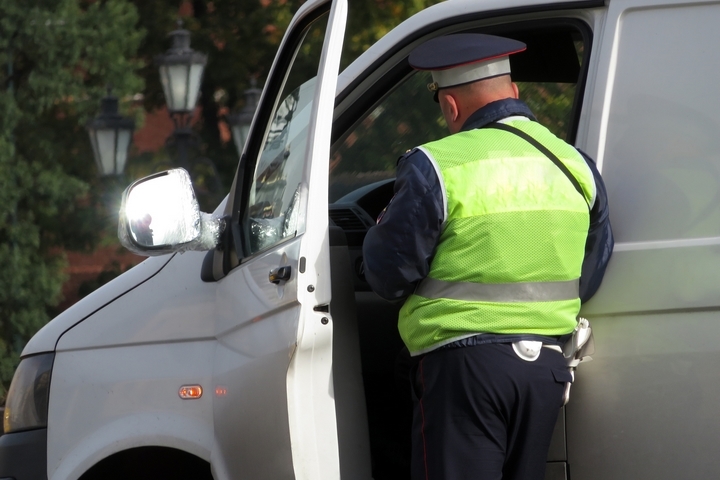Every state has its own DUI laws and rules, so it is very important to know the exact regulations in your jurisdiction. The differences between states can be significant, including things like the legal limit for blood alcohol concentration (BAC), punishment for a first-time offense and increased penalties when someone repeats their offense. Knowing these details about law can assist you in planning your defense. The legal BAC limit is often set at 0.08%, yet for commercial drivers and minors, it can be lower.
Challenging the Traffic Stop
Another suitable defense is questioning the legality of the traffic stop. An officer needs a proper reason to pull you over, like seeing erratic driving, broken tail lights or any other violations. If your attorney can prove that the officer didn’t have a reasonable suspicion or probable cause, any evidence collected during the stop like BAC test results might not be accepted by court. This could greatly weaken the case of prosecution against you.
Questioning the Field Sobriety Tests
FSTs, or field sobriety tests, are often employed by officers to evaluate if a driver is impaired. These examinations can be very subjective and prone to the officer’s personal biases as well as testing circumstances. Things like an uneven path, bad light and some medical problems could impact someone’s FST performance. An expert defense attorney may dispute the reliability of FST outcomes, raising suspicion about the officer’s assessment and lessening the importance of this proof.
Scrutinizing Breathalyzer Accuracy
Breathalyzer machines can make mistakes in their mechanics, so they need correct setting up and regular checks to give precise results. Your defense can concentrate on doubting the trustworthiness of the breathalyzer device that was used when you got arrested. This requires looking at maintenance logs, calibration papers and how qualified is the person operating it. If differences are discovered, the BAC outcomes could be considered incorrect and might result in a dropping of the charges.
Presenting Alternative Explanations
Reasons for showing impairment are not only linked to alcohol. Issues like acid reflux, diabetes and specific neurological disorders can imitate the indications of being drunk. Also, elements in the surroundings such as tiredness or nervousness during a stop can impact your actions too. Using believable alternative reasons, your defense could claim that the noticed indications of impairment were not caused by alcohol. This might lessen the strength of the prosecution’s argument.
Proving Chain of Custody Issues
In DUI cases, one key area for contestation is whether blood and urine samples were handled and stored correctly. The prosecution team has to demonstrate an uninterrupted link of possession, showing that the samples tested for alcohol or drugs came from the defendant. They must also prove these samples were not spoiled or interfered with in any way. If there are any missing links in documentation or mishandling of these samples, it can give reason to question their validity which may result in excluding this evidence from being used against you during trial.
Negotiating Plea Bargains
Sometimes, it is more realistic to discuss a plea bargain. In this situation, you accept being guilty of a minor offense and in return, the punishment will be lessened. A plea bargain can be beneficial if there is solid proof against the accused person and possibility of severe sentence. It is very important to talk with your criminal lawyer first, so they can give advice on whether this plan matches what’s good for you and also make certain any agreement reached is fair and sensible.
To defend DUI charges successfully, you need to use a variety of methods that include understanding the law, carefully examining evidence and negotiating strategically. By using these defense strategies properly, your chances of getting good results in your case will increase greatly.

